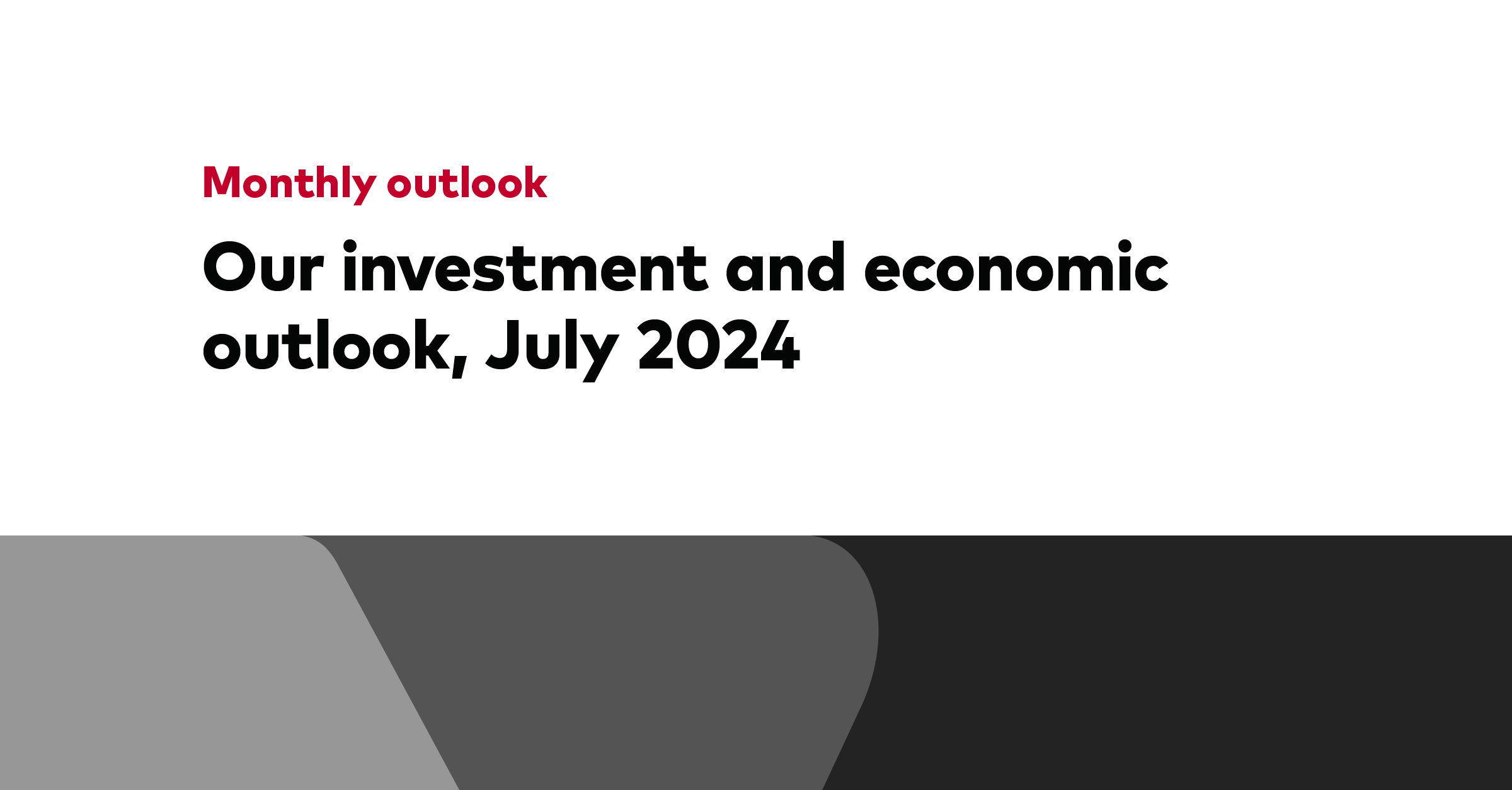

Vanguard, the top U.S. asset manager with over $9 trillion in assets, has updated its investment strategy and expressed concerns about a potential economic downturn caused by high borrowing costs. The company favors high-rated corporate debt over riskier high-yield bonds and expects the Federal Reserve to keep interest rates on hold for most or all of this year due to continued economic resilience [afd4fdc4] [6d299a73].
Vanguard believes that the economic cycle is approaching a turning point and is cautious about the potential for 'higher for longer' to become 'higher until something breaks.' The company plans to keep a lower-than-average allocation to high-yield bonds over the next few months. Vanguard's more defensive approach aims to hold up better in a weaker economy and provide opportunities to add credit back at more attractive prices [afd4fdc4].
The demand for investment-grade corporate bonds has been strong this year, leading to compressed credit spreads. Vanguard warns that if economic conditions deteriorate, these spreads would widen. However, the decline in interest rates as the Federal Reserve eases monetary policy should support total returns. Vanguard's updated investment strategy focuses on high-quality credit and a more defensive approach to navigate potential economic challenges [afd4fdc4].
Recent turmoil in global stock markets is unlikely to have a significant impact on credit quality, according to rating agency Morningstar DBRS. The agency expects the effects of increased market volatility to be limited and primarily affect weaker, low-rated companies. Consumer spending may be pressured by deteriorating labor market conditions and declining wealth effects. Certain issuers may have difficulty accessing capital as investors shift to safer investment-grade debt. However, DBRS maintains a cautiously optimistic outlook for the macroeconomic environment in North America and Europe, with credit rating outlooks remaining generally stable. Investment-grade corporate issuers with robust capital and liquidity positions are expected to benefit from geographic diversification, economies of scale, and market positions. Companies in stable sectors such as utilities, telecommunications, pipelines, and food retail are better positioned to withstand market headwinds, while companies in cyclical or discretionary sectors may be more impacted by weaker consumer spending [115a58a7].